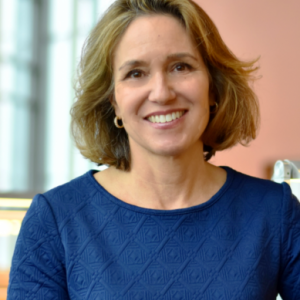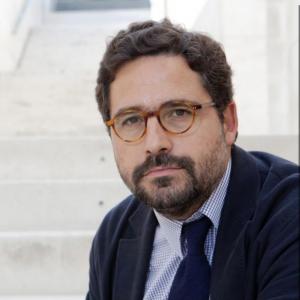Short description:
I am an assistant professor at the Penn State University, with a joint appointment between the School of International Affairs and Department of Civil and Environmental Engineering. I serve as the associate director for the Initiative for Sustainable Energy Policy in the School of Advanced International Studies at Johns Hopkins University, and the associate director for Penn State's Center for Climate Risk Management.
My research aims to inform energy policy in both emerging markets and advanced economies to align their decarbonization efforts with local environmental and socioeconomic concerns, such as air pollution, public health, water conservation, and economic development. I use a variety of modeling methods to generate policy-relevant information, including atmospheric chemistry and transport model (e.g. WRF-Chem), integrated assessment model (e.g. GCAM, GAINS, RICE), as well as optimization model.
I received my PhD degree in Science, Technology and Environmental Policy from the Woodrow Wilson School of Public and International Affairs, Princeton University, and my bachelors degree in Environmental Science from Peking University, China. Before coming to Penn State, I was a Giorgio Ruffolo Post-Doctoral Fellow and a Research Associate with the Belfer Center for Science and International affairs at the J.F. Kennedy School of Government, Harvard University,
Short description:
Sophia A. McClennen is professor of international affairs and comparative literature at Penn State University and founding director of the Center for Global Studies. She has published twelve books including Pranksters vs. Autocrats with Srdja Popovic (Cornell 2020), Globalization and Latin American Cinema Palgrave 2018) and The Routledge Companion to Literature and Human Rights (Routledge 2015). In addition to her books she has edited eight special issues of journals and published over 70 scholarly essays on a range of topics all of which coalesce around the question of how culture, politics, and society intersect.
Short description:
Abigail Martin (Ph.D. Environmental Science, Policy and Management, University of California, Berkeley, with a certificate in Science & Technology Studies (STS) from the Center for Science, Technology, Medicine & Society) is a Research Fellow based at the University of Sussex School of Business in the Science Policy Research Unit. She researches issues of democratic governance for environmentally and socially just transitions by studying struggles over resources and controversial technologies in agricultural, extractive and power production networks, including: biofuel development in the US and Brazil; biofuel sustainability standards-setting and LCA as a regulatory science; advancing environmental justice and economic equity in climate policy; cooperative and commons-based deployment of solar PV; fracking and natural gas production in the US, UK and Argentina; and the social and environmental implications of industrial decarbonization.
Short description:
My research and policy interests lie at the intersection of climate change policy and social inequality, equity and justice. I am particularly interested in energy, climate and environmental justice, policies and mechanisms for a Just Transition and opportunities for widespread community participation in low-carbon transitions. I am passionate about work that exists at the research-policy interface, ensuring engagement with core public, private and civil society stakeholders to maximise the impact of academic research. I completed my PhD in 2019, which explored the energy justice implications of community and municipal energy organisational structures, alongside the role of intermediaries and networks in facilitating local engagement in low-carbon energy transitions. I continue to be fascinated by the emergence of new models of ownership and governance that encourage a more local, decentralised low-carbon transition pathway. I am equally fascinated by how such models democratise transitions and equitably distribute the benefits of the emerging low-carbon economy, or conversely, reinforce pre-existing social inequalities. Before joining SPRU, I spent one year as a Policy Officer at the Energy Saving Trust, where I participated in Welsh, UK and EU energy and climate policy projects, focusing on community energy, energy efficiency and low-carbon transport initiatives. I have also previously worked for the Global Sustainability Institute at Anglia Ruskin University, focusing on extending energy justice research in the developing world and collaborating with academics from METU in Ankara, Turkey. My work has been published in journals such as Energy Research and Social Science, Applied Energy, Geography Compass, Joule and Energy for Sustainable Development. I also frequently respond to energy and climate policy consultations across multiple levels of governance and aspire to regularly write blogs and opinion pieces utilising various media platforms.
Short description:
Sung Kyu’s work focuses on the role of smallholder farming in the future of agriculture and sustainable development. His research explores the dynamic processes and multifaceted nature of farming and livelihood practices of smallholder farmers. His interest in the sustainable food system has led to research and fieldwork in small-scale farming regions in Rwanda, Senegal, the Gambia, Haiti as well as in Canada, Italy and the UK. Sung Kyu teaches socioeconomic studies and policy analysis in science, technology and innovation and the globally contested nature of development experiences at the Science Policy Research Unit (SPRU), the University of Sussex Business School.





